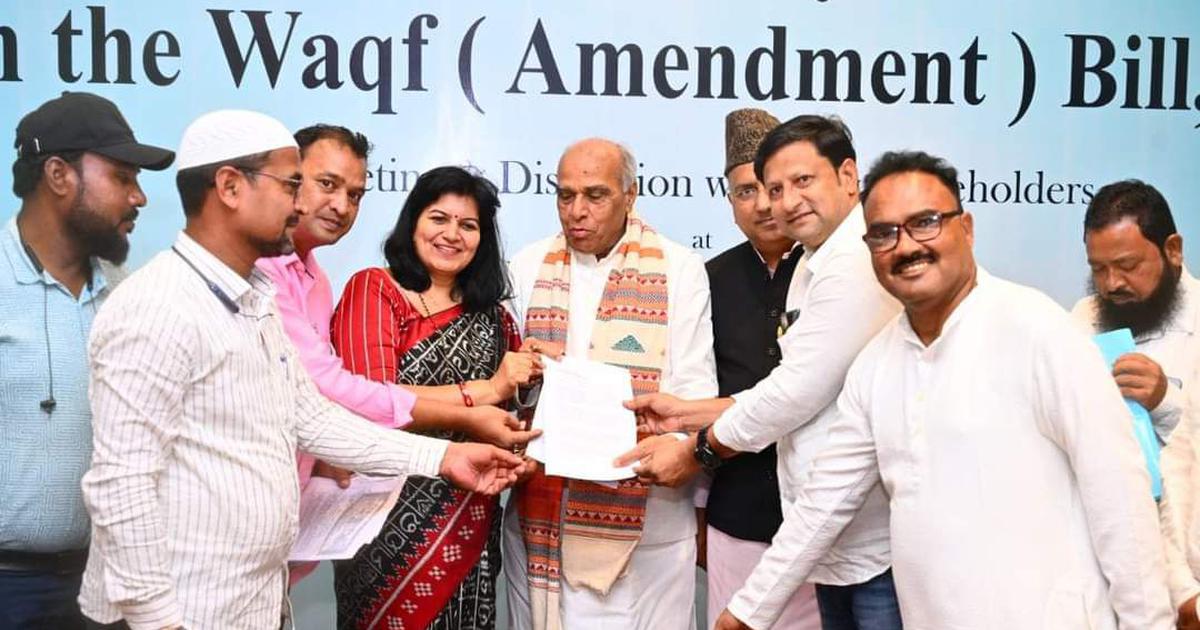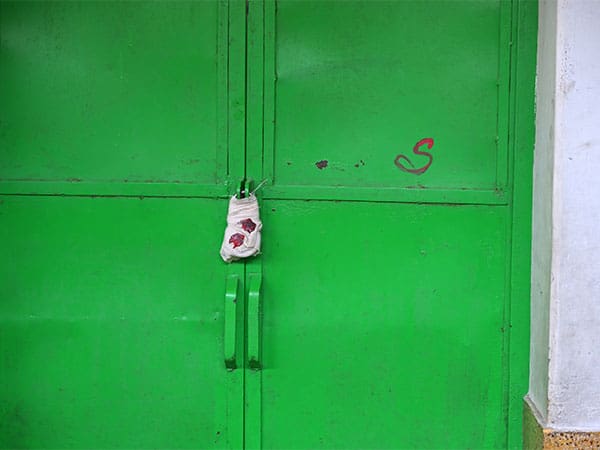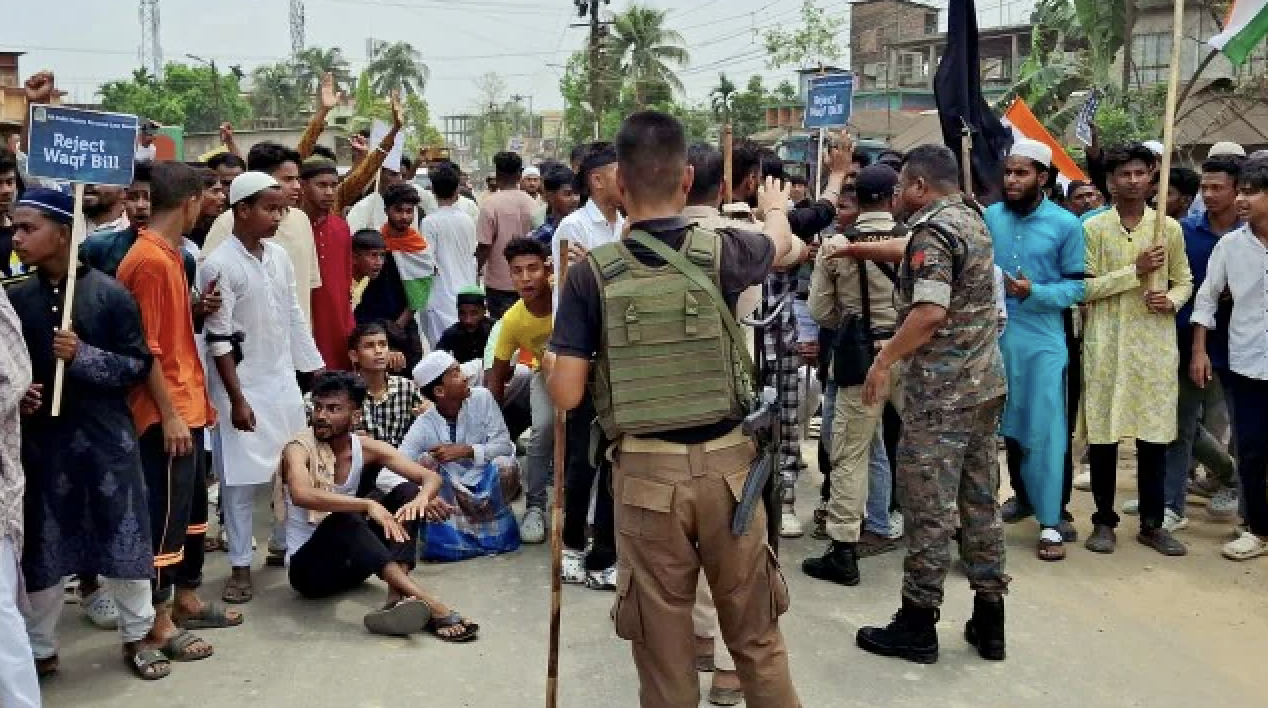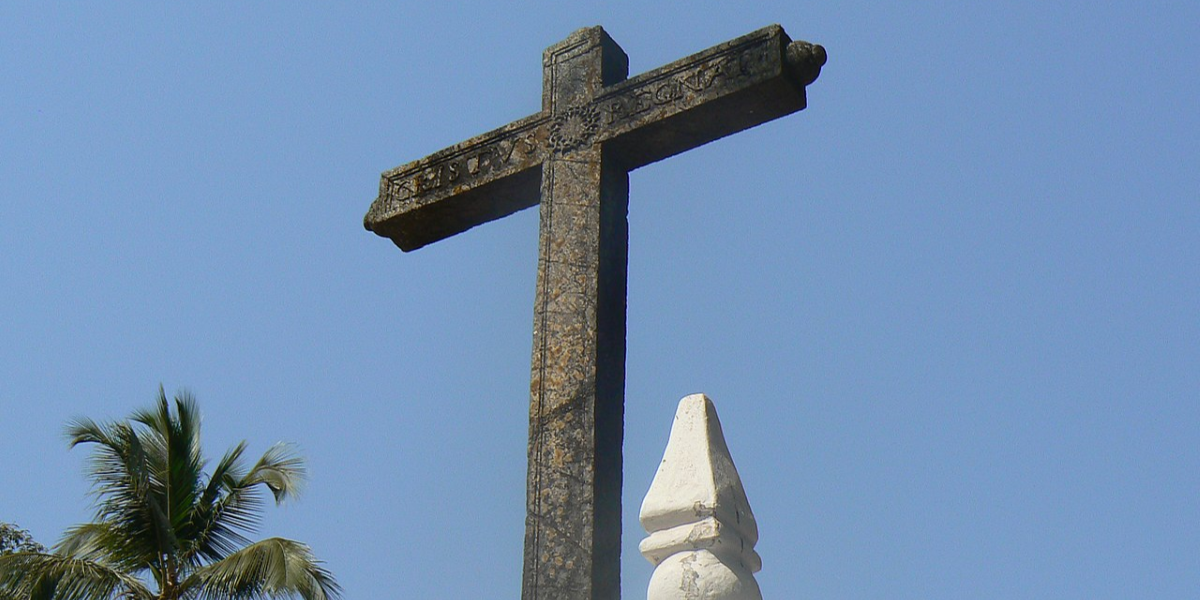
For generations, waqf properties have defined the broad contours of Muslim public life – supporting education, healthcare, burial grounds and modest religious establishments in both rural and urban India. These were never just “assets”: they are a form of collective autonomy and faith-based care.
By centralising control, removing recognition of long-term customary usage, and making registration and documentation the litmus test of legality, the state is creating the perfect conditions for dispossession without appearing coercive.
While the Waqf (Amendment) Bill, introduced in Lok Sabha on Wednesday, itself was signalled by Bharatiya Janata Party supporters and leaders as a tool of land-grab and an intention to humiliate Muslims, the Joint Committee report assessing the proposed legislation did little to reassure the community when it submitted its report in January.
Its enthusiastic endorsement of the Bill, in spite of the concerns expressed by State Waqf Boards, civil society groups and legal experts, reads less like a balanced assessment and more like a green light for undermining community control over its faith-based welfare practices.
This story was originally published in scroll.in. Read the full story here.






